Currently valued at around US$28 billion, the femtech sector is estimated to reach US$60 billion by 2027, according to a report by The Guardian. However, investment in femtech accounts for only about 1-2% of total global health tech investment.
Insurance also complicates matters. A survey by Tokio Marine Kiln (TMK) found that three-quarters (76%) of female medtech founders have difficulty obtaining insurance, hindering their growth.
TMK interviewed dozens of female founders in healthcare for a new report on the sector, reporting that startups in the space face a “triple threat” of insurance, investment and digital censorship.
What's Holding Back Investment in Women's Healthcare Technology?
Women’s health startups face unique challenges. While all startups struggle to prove their viability, these businesses face additional hurdles related to the nature of their products and target audiences.
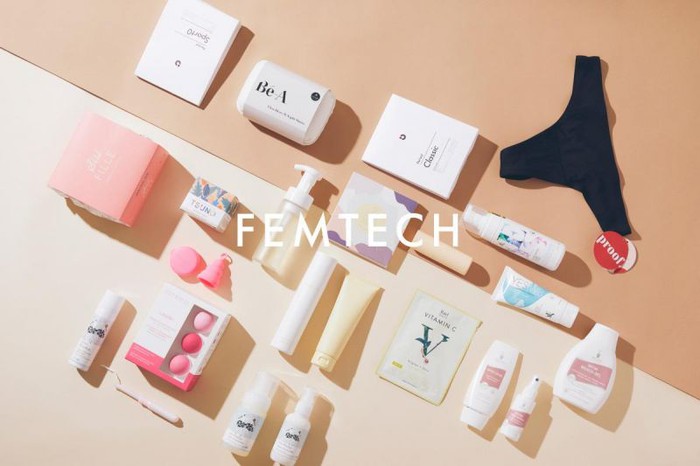
"Femtech" - technological solutions designed specifically for women's health and well-being
If the majority of investors are men and you have a feminine hygiene product in your hands, they won’t understand how it works. This disconnect isn’t necessarily due to prejudice, it’s due to lack of understanding. Historically, research has lagged behind in including women in clinical trials, leaving us without a foundation of data and metrics. When it comes to innovation in women’s health, it’s hard to understand or evaluate because there’s nothing to compare it to—it’s uncharted territory.
TMK’s findings, based on face-to-face interviews with 47 women’s health business founders, show that more than half (56%) said the cost of insurance was too high, while 51% said the process was complicated. More than a third said brokers and insurers’ understanding of the unique and specific risks of the sector (42% and 39%, respectively) was a barrier. Some 39% also said insurers were not aware of these risks, while 34% said they encountered difficult exclusions in their insurance contracts.
Simply put, many insurance policies aimed at healthcare startups are not fit for purpose.
Despite the challenges, Tokio Marine Kiln remains optimistic about the future of women’s health startups with the potential of artificial intelligence in cancer or infertility treatments. There are incredible innovations driving advancements in women’s health sciences like AI being used in cancer screening, in vitro fertilization, or even repurposing drugs that have been abandoned for decades to save lives today.
Source: https://phunuvietnam.vn/cac-cong-ty-khoi-nghiep-ve-suc-khoe-phu-nu-doi-mat-voi-rao-can-tang-truong-va-bao-hiem-20250729221253578.htm










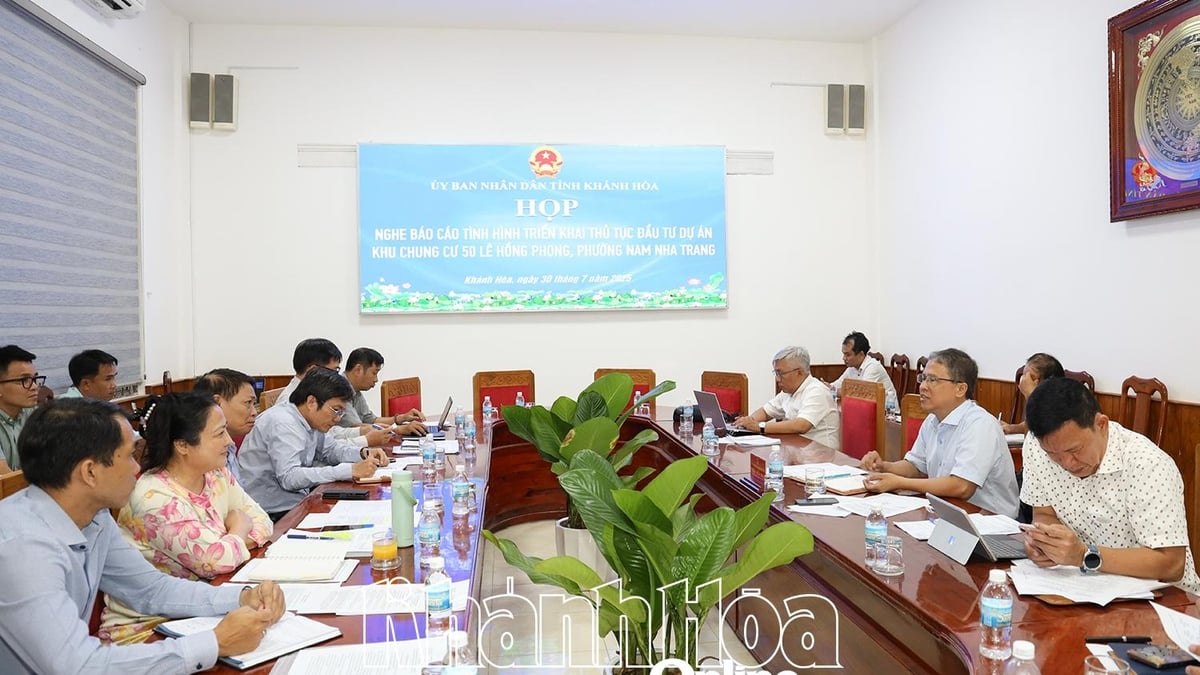
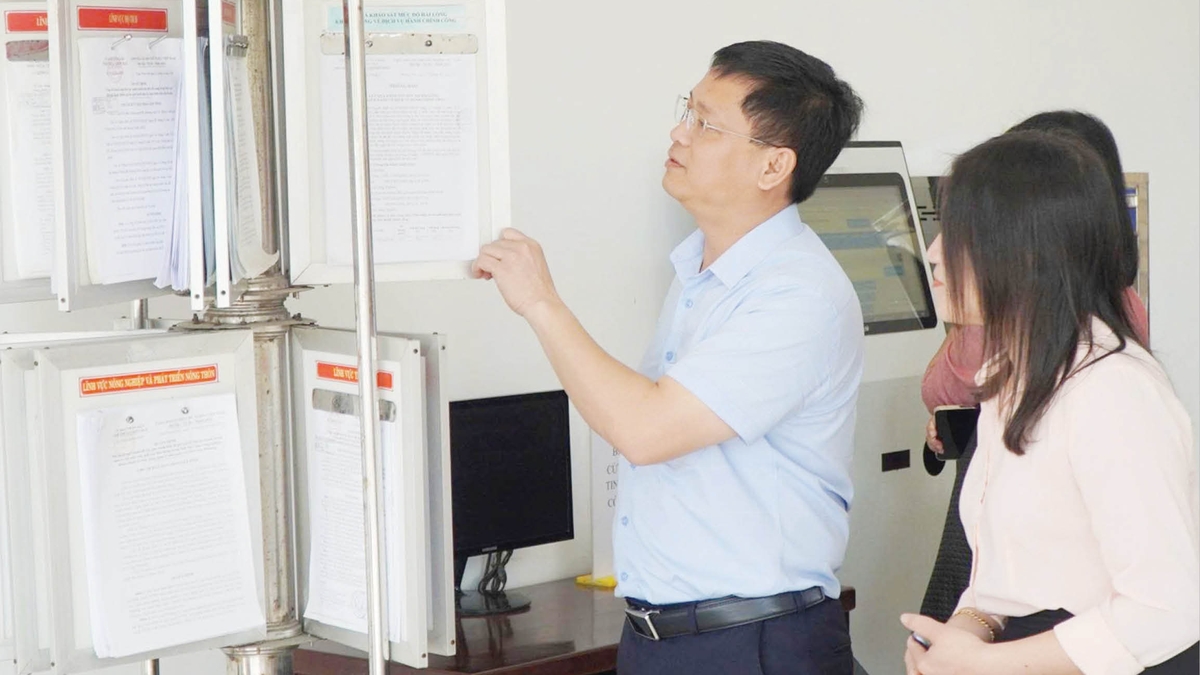













![[Photo] National Assembly Chairman attends the seminar "Building and operating an international financial center and recommendations for Vietnam"](https://vphoto.vietnam.vn/thumb/1200x675/vietnam/resource/IMAGE/2025/7/28/76393436936e457db31ec84433289f72)





























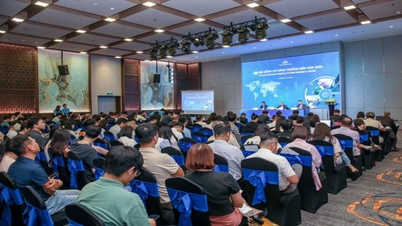



















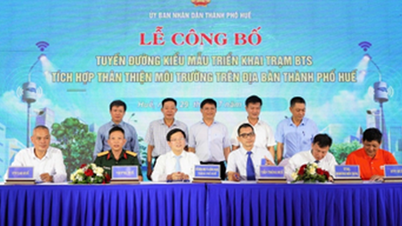























Comment (0)